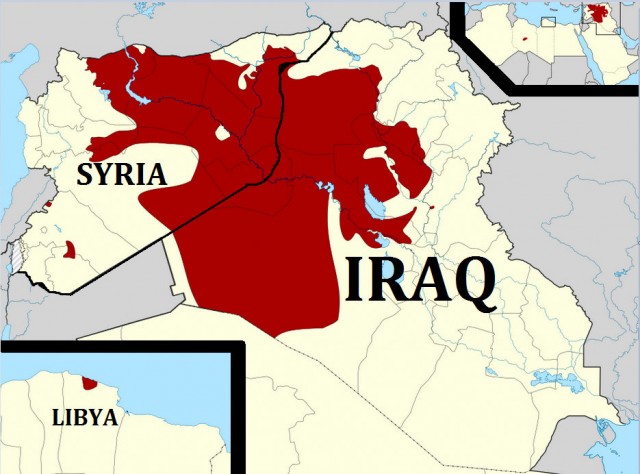Britain to hit six IS targets in first airstrikes on Syria
Following the November 13 attacks in Paris that killed 130 people, Britain’s Prime Minister David Cameron urged strongly for Britain to align itself with France in taking down the ISIS in Syria. A day after U.S. Defense Secretary Ash Carter said the United States would deploy a new special operations force to Iraq to step up the fight against the militants, Kerry said other countries could provide assistance that did not involve combat.
Asked about reports that six targets were hit, Mr Fallon said: “I approved yesterday a series of targets in the Omar oil field – wellheads from which the oil production is derived which helps to finance Daesh”.
Fallon also welcomed Parliament’s approval saying that “what was really important about the vote last night was that it confirmed that Britain is a serious ally”.
An RAF captain has said he is “absolutely confident” that there will be no civilian casualties as air strikes were launched over Syria.
Cameron rejected claims that Brimstone’s deployment in Syria will make Britain a bigger target for terrorists while having little practical impact in the war on Islamic State.
Attacking IS’s oil facilities would deprive them of financing and undermine their operations in north-east Syria, “from where these threats to western Europe, these plots, are all being hatched and devised”, he said.
And on BBC Radio 4’s Today programme he revealed: “Today we are doubling our strike force”.
The Tornado jets used Raptor pods, two-metre long surveillance devices fixed underneath the aircrafts, to scope out their targets, supported by an RAF Reaper unmanned drone.
“The additional 8 aircraft being sent to [RAF] Akrotiri [in Cyprus] are now in the air and on their way to Akrotiri”. Last week, the eight Tornado fighter-bombers stationed in Cyprus for the Iraq missions numbered among just 26 coalition aircraft in the region able to undertake precise attacks, he said.








